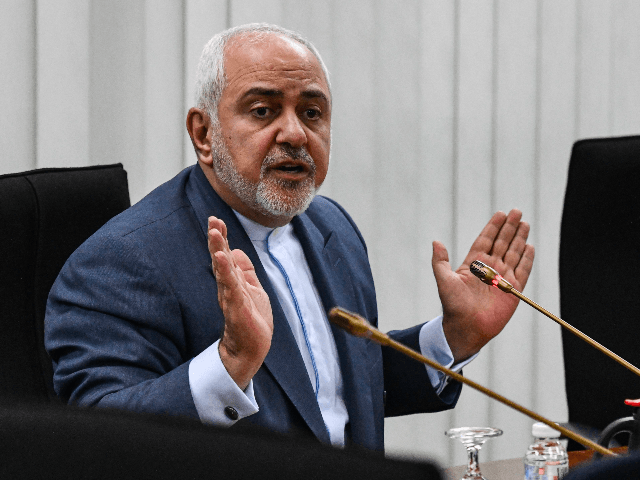The Iranian regime on Tuesday approved the use of Russia’s “Sputnik V” coronavirus vaccine candidate, abandoning an earlier commitment to wait for World Health Organization (W.H.O.) approval.
Iran’s Supreme Leader, Ayatollah Ali Khamenei, previously banned the more extensively tested vaccines developed in the United States and Britain as poisonous.
Khamenei shocked and angered Iranians desperate for relief from the pandemic when he banned American and British medicines on January 8. His order blocked the pending import of 150,000 doses of Pfizer’s vaccine.
“If their Pfizer company can produce vaccines, why don’t they use it themselves so that they don’t have so many dead? The same applies to Britain,” the ayatollah said, in a most uncharitable assessment of the incredibly swift development cycle of the Chinese coronavirus vaccines. The Twitter social media platform thought it was so uncharitable that it classified Khamenei’s tweeted condemnation as misinformation and deleted it.
Khamenei went on to accuse the Americans and British of lusting to use Iranians as guinea pigs in their vaccine experiments, which is actually a better description of what Iran has been doing to Cubans in its hasty effort to create a vaccine in partnership with Chinese biotech companies.
On Tuesday, Iranian Foreign Minister Mohammad Javad Zarif appeared alongside Russian Foreign Minister Sergey Lavrov to announce Russia’s vaccine candidate will be distributed in Iran.
“The Sputnik V vaccine was yesterday also registered and approved by our health authorities. In the near future, we hope to be able to purchase it, as well as start joint production,” Zarif said.
Zarif and other Iranian officials also demanded President Joe Biden lift the sanctions the Trump administration imposed against Iran, portraying the sanctions as a major reason for the severity of the coronavirus epidemic in Iran, even though the sanctions made clear exceptions for medicine and humanitarian aid. Among other demonstrations of this inconvenient truth, it was Ayatollah Khamenei who prevented Iranians from getting those 150,000 jabs of vitally needed Pfizer vaccine, not the sanctions.
Iranian government spokesman Ali Rabiei said on state television that since the Biden administration “claims not to be anti-science like the previous one,” Tehran expects Biden to “free the transfer of Iran’s own foreign exchange resources to fight the coronavirus and for health and food, and lift banking sanctions quickly.”
The Russian vaccine candidate is close to receiving approval from several other governments, including Mexico and Pakistan, despite ongoing concerns about uncertain test results and a lack of transparency from the developers of Sputnik V. Both Mexico and Pakistan have already approved use of the Western vaccines banned by Iran, but say they are turning to Chinese and Russian suppliers because they cannot obtain enough of the vaccines Pfizer and AstraZeneca have developed.
The Associated Press on Tuesday reported on the frantic efforts of Mexican officials to obtain reliable data about the safety and effectiveness of the Russian product:
Russian officials have given conflicting accounts, upping the supposed effectiveness of the Sputnik vaccine to higher levels every time a U.S. vaccine reports its results.
Desperate, but with no published data, Mexican President Andrés Manuel López Obrador ordered [Assistant Health Secretary Hugo] López-Gatell to fly to Argentina, which has already approved and is using Sputnik V, to see what information he could get.
The Argentines gave López-Gatell a closely-guarded copy of Phase 3 trial results and other data on the Sputnik vaccine which he spirited back to Mexico and then submitted the papers to Mexican regulatory officials.
“It is unclear whether the lack of public data might affect Mexicans’ willingness to get vaccinated, without knowing how effective or safe the Russian shot is,” the AP noted, quoting Mexican opposition lawmaker Lilly Tellez, who accused López Obrador of pursuing Sputnik V because “it is the cheap vaccine.”
“I do want vaccines, but ones that have been approved by the World Health Organization and the international scientific community. The Russian vaccine does not have that yet,” Tellez pointed out.

COMMENTS
Please let us know if you're having issues with commenting.